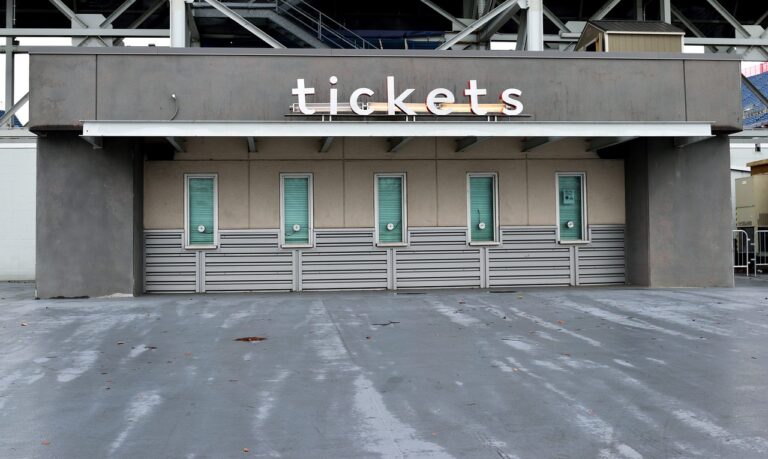The Psychology of Queue Management in Stadiums: Allpaanel exchange, Lotus365, Laserbook247 id
allpaanel exchange, lotus365, laserbook247 id: Stadiums are a place where fans come together to support their favorite teams, creating an electrifying atmosphere that is second to none. However, one aspect of attending a sporting event that can often be a source of frustration for fans is managing queues. Waiting in line for food, drinks, or to enter the stadium can test even the most patient person’s resolve.
The psychology behind queue management in stadiums is a fascinating field that combines elements of crowd control, customer service, and human behavior. By understanding the factors that influence how people perceive and react to queues, stadium operators can improve the overall fan experience and create a more positive environment for everyone.
1. Perception of Time: One of the key factors that determine how people feel about waiting in line is their perception of time. Research has shown that when people are engaged or distracted while waiting, they perceive the wait to be shorter. Stadiums can use this knowledge to their advantage by providing entertainment or interactive activities in queues to help pass the time.
2. Queue Anxiety: The feeling of anxiety when waiting in line is a common experience for many people. Stadiums can help alleviate this anxiety by providing clear signage, regular updates on wait times, and efficient queue management to create a sense of order and control.
3. Social Influence: People are influenced by the behavior of those around them, especially in crowded environments like stadiums. Stadium operators can use social norms to their advantage by encouraging positive behaviors, such as forming single-file lines and respecting others’ personal space.
4. Perceived Fairness: Fairness is a fundamental human value that plays a significant role in how people perceive queue management. Stadiums must ensure that their queue systems are fair and transparent to avoid any feelings of resentment or dissatisfaction among fans.
5. Customer Service: Providing excellent customer service in queues can make a big difference in how fans perceive their overall stadium experience. Friendly and helpful staff, clear communication, and efficient service can all contribute to a positive queue management strategy.
6. Feedback and Improvement: Stadium operators should regularly seek feedback from fans about their queue experiences to identify areas for improvement. By actively listening to fan input and making changes based on their suggestions, stadiums can continuously enhance their queue management practices.
FAQs:
Q: How can stadiums reduce wait times in queues?
A: Stadiums can implement strategies such as using technology for mobile ordering, increasing the number of service points, and optimizing staff schedules to reduce wait times in queues.
Q: What can fans do to help improve queue management in stadiums?
A: Fans can help improve queue management by following instructions from staff, respecting other fans’ personal space, and providing constructive feedback to stadium operators.
In conclusion, understanding the psychology of queue management in stadiums is crucial for creating a positive and enjoyable fan experience. By considering factors such as perception of time, queue anxiety, social influence, perceived fairness, customer service, and feedback and improvement, stadiums can effectively manage queues and enhance the overall stadium experience for all fans.







